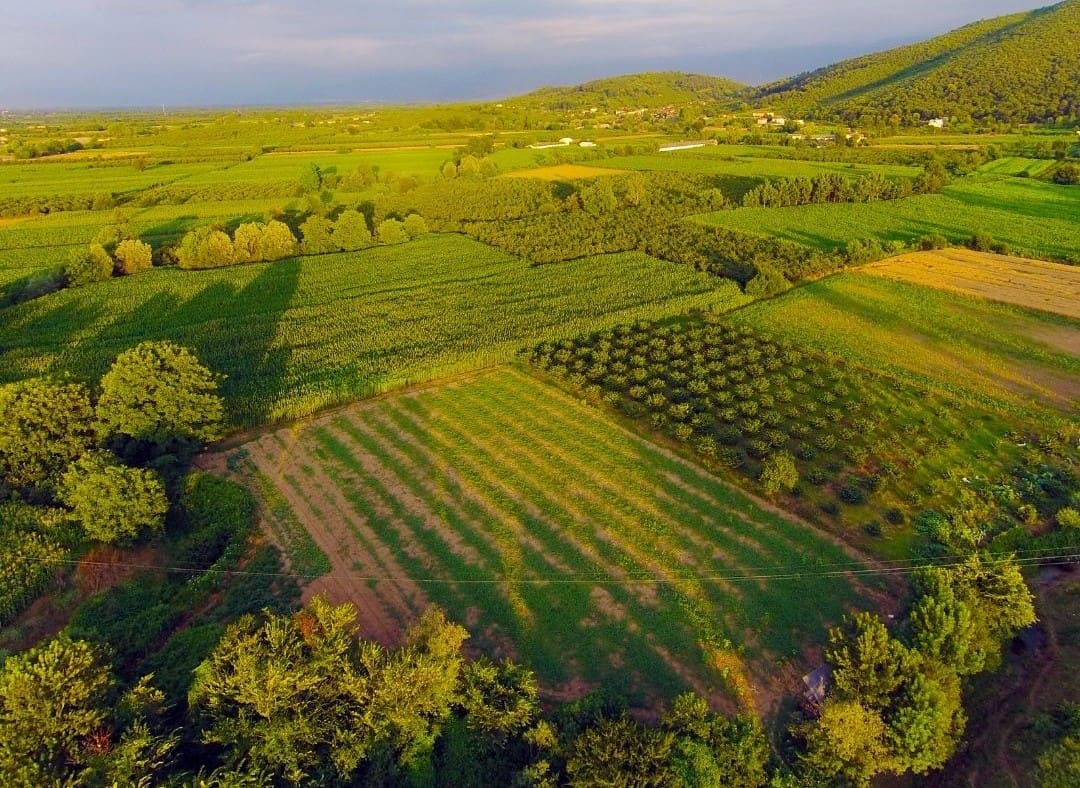
About
How We Work
Farmland access, tenure and transfer are complex issues. We tackle them by combining direct assistance to farmers, landowners, and communities with broad “systems change” by addressing all aspects of the issue and working with all who have a stake in the future of farming. This means improving policies, services, awareness, and methods at all levels.
While New England is our focus for direct service, our impact goes beyond the six state region. We are national leaders in a broad network of groups tackling farmland access, tenure, and transfer across the country.
We believe strongly in collaboration and partnership. We believe in comprehensive, collaborative and creative approaches. We can’t do this work alone so we work with a broad range of partners. We believe that as we educate, innovate, investigate and advocate, more farmers will achieve more security on more land. Through our work, a more equitable vision of farmland access can be realized.
Educate
We provide hands-on advising and technical assistance to farm seekers, retiring farmers, and landowners in New England. Our educational programs and materials include events from local workshops to national conferences, guidebooks, and online tools. We also educate and train agricultural service providers in many states. Strengthening the service network is crucial in our region and beyond.
Innovate
Traditional methods of land access and transfer are no longer adequate. We explore and implement innovative approaches to getting farmers on land. Examples include group land tenure, working with non-traditional landowners and lenders, and social justice actions for landowners.
Investigate
We believe that the information we share, and the changes we seek must be firmly grounded in research. We are continuously investigating farmland investment models, ways to help farmers without successors, farmer housing, national assessments of farm and ranch access, as well as tenure and transfer policies and programs.
Advocate
We advocate for public policies to improve – and in some cases transform – the social, economic and political systems that affect how farmers access, hold, and transfer land. Our advocacy work ranges from local bylaws to state policies to the federal Farm Bill. Often in collaboration with other groups, we have, for example, reduced barriers to land access and increased resources for farm succession planning.

